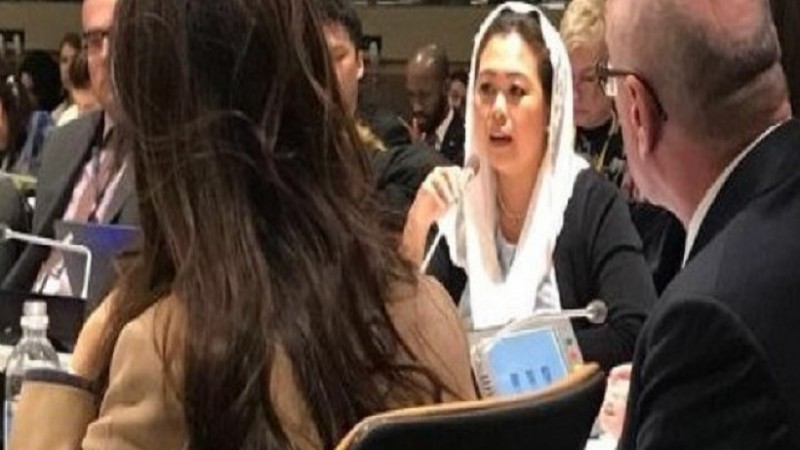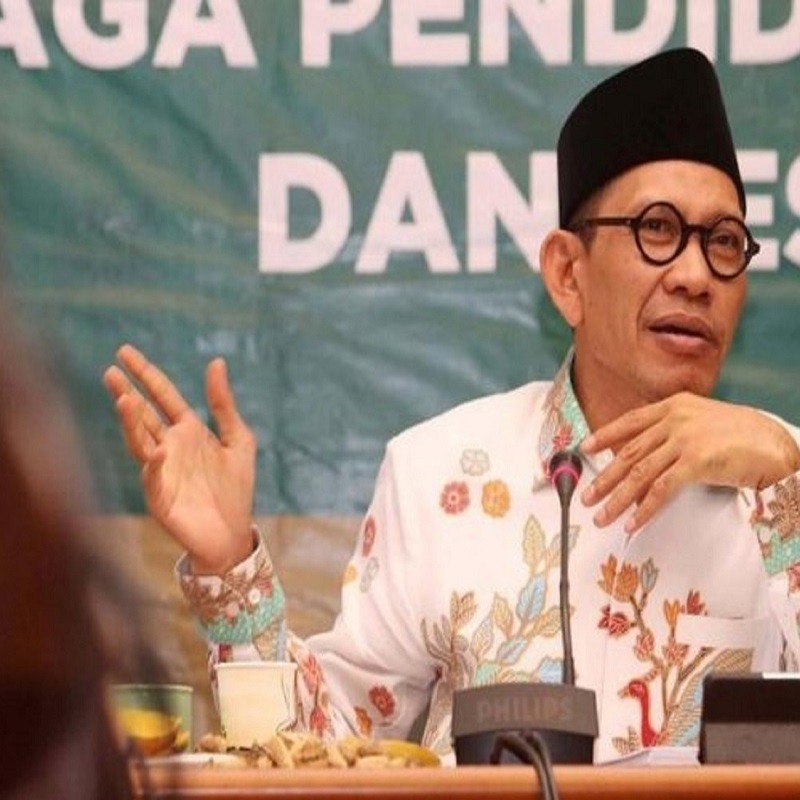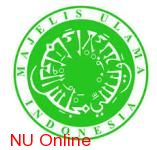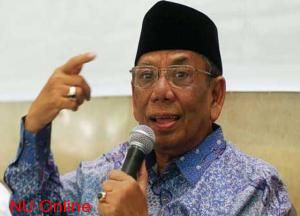Jakarta, NU Online
Director of the Wahid Foundation Hj Zanubba "Yenny Wahid" Arifah Chafsoh said that based on research conducted by the Wahid Foundation, anxiety was one of the main factors in the growth of intolerance in a person.
Yenny made the remaks in the Salam Forum: Unified to Spread Blessings on Social Media, over the weekend.
"There is something misunderstood by many that religion is a factor that makes people radical or becomes terrorists. It turns out that it is not the first factor, not the biggest one, (and is) not the teaching of their own religion that make people involved in radical and intolerant movements, but the most significant factors are anxiety, uncertainty, insecurity, anger, and so on," Yenny said.
She was of the opinion, in a graphology review analyzing the bombers in Makassar and at the Police Headquarters, the perpetrators had a low sense of self-confidence and had a high level of confusion.
"Well, people who are anxious and upset then meet those who provoke through religious propositions to provide a false sense of security and self-confidence, she said, adding that their holy mission is making them feel like heroes.
It should also be noted that apart from doctrines in the name of religion, the political ones are also often used as a means of provocation. A simple example, according to Yenny, is the provocation created by Trump to his supporters to attack Capitol Hill.
"So, provocation through politics could also be possible," he said.
Yenny said that social media could play a major role as the main entry point in influencing different brain structures, also known as neuroplasticity.
"Neuroplasticity is a brain structure that changes when it is exposed to something continuously," Yenny said.
Through social media, extremist groups usually offer contents to accommodate the existence of their followers.
"Well, this is the first recruitment process, though it usually happens again via offline (communication), that social media can be a gateway to disseminate contents that are not friendly to the community," she said.
So the solution, according to Yenny, is to ensure that there are contents that could minimize and even takeover the unfriendly ones.
"So, we must consciously ensure that they accept different contents. The point is that we have to be exposed to provide other options for them through the friendly contents," Yenny said.
Contributor: Syifa Arrahmah
Editor: Sudarto Murtaufiq
Terpopuler
1
Tanggapan Rais Syuriyah PCNU Pemalang atas Bentrok FPI dengan PWI-LS
2
Ini Doa Memasuki Bulan Shafar, Lengkap dengan Transliterasi dan Terjemahnya
3
Mustasyar PBNU Serukan Pentingnya Nahdliyin Jaga Pemahaman Islam Moderat di Masyarakat
4
PBNU Akan Luncurkan Penulisan Sejarah NU Jilid Pertama pada Peringatan Satu Abad Masehi 31 Januari 2026
5
RMINU Jabar Dorong Pemprov Tindak Lanjuti Evaluasi Hibah Pesantren
6
Salah Kaprah Memaknai Uang Haram sebagai Rezeki
Terkini
Lihat Semua




















